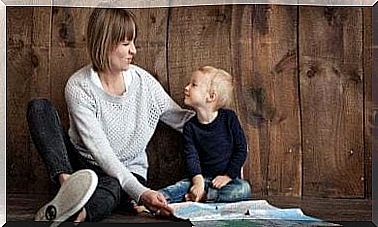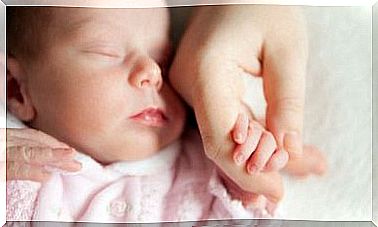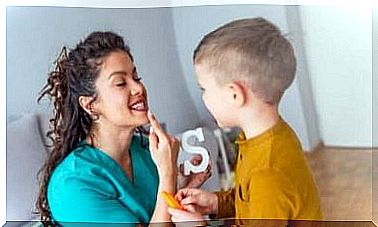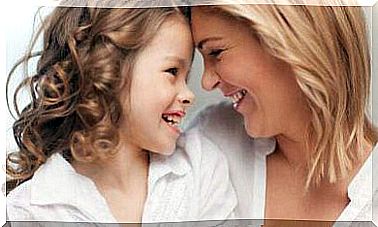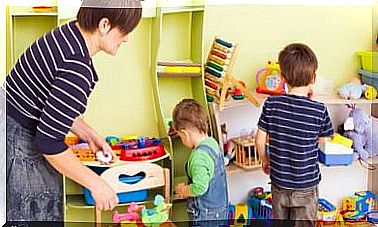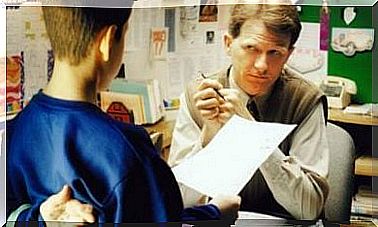Learning New Things: What Is The Best Age?
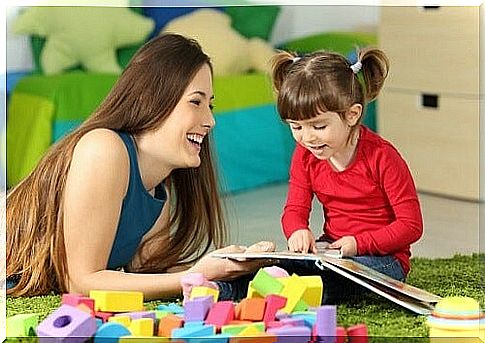
Parents often wonder what is the best age to learn new motor, cognitive, or emotional understanding skills. In today’s article, you will find everything you want to know about this topic.
There is no doubt that when we observe children in their daily activities and games, we notice how quickly they assimilate and reproduce information to constantly perceive with their senses.
This topic is certainly not new and has been extensively studied by various disciplines, first of all neuroscience. By analyzing children’s brain connections, researchers came to astonishing conclusions about children ‘s learning abilities . To find out more, keep reading today’s article.
With everything we are going to tell you today, you can start stimulating your child’s learning, so that they can develop their potential to their fullest.
What is the best stage to learn new things?
To explain what is the best stage for learning, neuropediatric studies have developed a concept known as “brain plasticity”.
Through this brain plasticity, the researchers were able to demonstrate that between the first months of life and 6 years of age, the minds and senses of children work like sponges, absorbing all the information from their surroundings. Plus, they do it quickly and naturally.
During this period, children go through a particularly sensitive moment of learning. This is a stage that, without a doubt, must not be wasted if we want our children to retain most of the things they have learned.
The ability to learn includes areas such as musical and math skills, motor coordination, emotional bonding, memory development in relation to visual ability and, of course, language development.

What should children learn according to their age?
Although, as we have already said, children have an extraordinary ability to learn new things before the age of six, the ability to retain this information depends very much on the age at which it is assimilated.
From birth to 2 years
In the brain there is a subcortical structure called the amygdala, from which numerous connections start. It is these connections that allow the individual to integrate emotions, memories and feelings. In other words, to define what his emotional behavior will be.
For this reason, from birth up to about 2 years, the type of contact and care we dedicate to our child will be the basis from which he will develop his emotional attachment pattern, empathy towards his fellow men, trust, respect. to authority and fear.
It is important to emphasize that healthy bonds and adequate emotional intelligence will affect all aspects of the individual’s social development.
For this reason, parents must be particularly attentive to the way they relate to their little ones in these very first years of life.
From the first months to 5 years
During this time, children’s brains build connections between images of everything around it, their use and meaning.
Thanks to this vision, children acquire their first knowledge. Therefore, visualizing different lights, colors, shapes or the perception of distances are all things that will help him develop motor coordination.
From 8 months to 8 years
From the age of 8 months, babies try to reproduce the sounds they hear, to try to communicate more directly with their parents or with close people.
Of course, they start with babbling and playing simple sounds; towards the age of three, however, they reach a real syntactic capacity.
At this point, they will be able to form complete sentences with a correct structure. From here on, and up to the age of 8, the accents and vocabulary they learn from parents and at school will be consolidated quickly and deeply.
For this reason, it is essential to speak to children correctly, to teach them other languages and to convey a love of reading.
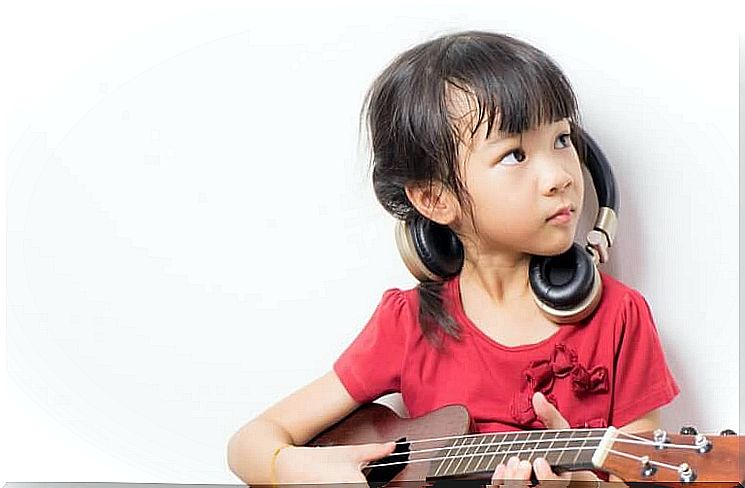
Between the first year and 8 years
This stage is considered particularly suitable for learning to play a musical instrument. Being an activity that requires motor coordination, it activates the same areas of the brain related to learning math.
For this reason, music also stimulates in the child his spatial reasoning: a capacity that underlies the learning of this discipline.
Finally, remember that parents must be guides and collaborators of children in their learning. With your accompaniment, the little ones can develop a wide range of skills and healthy emotional behavior.
